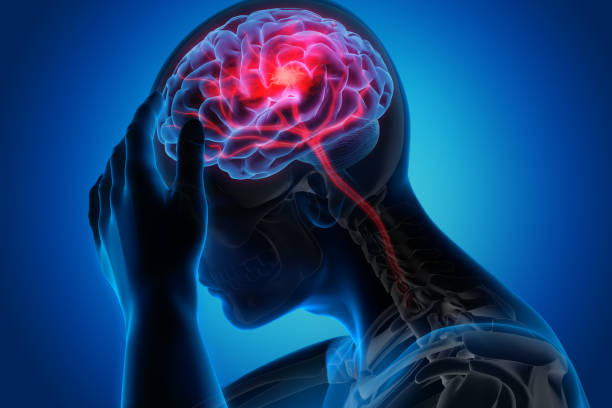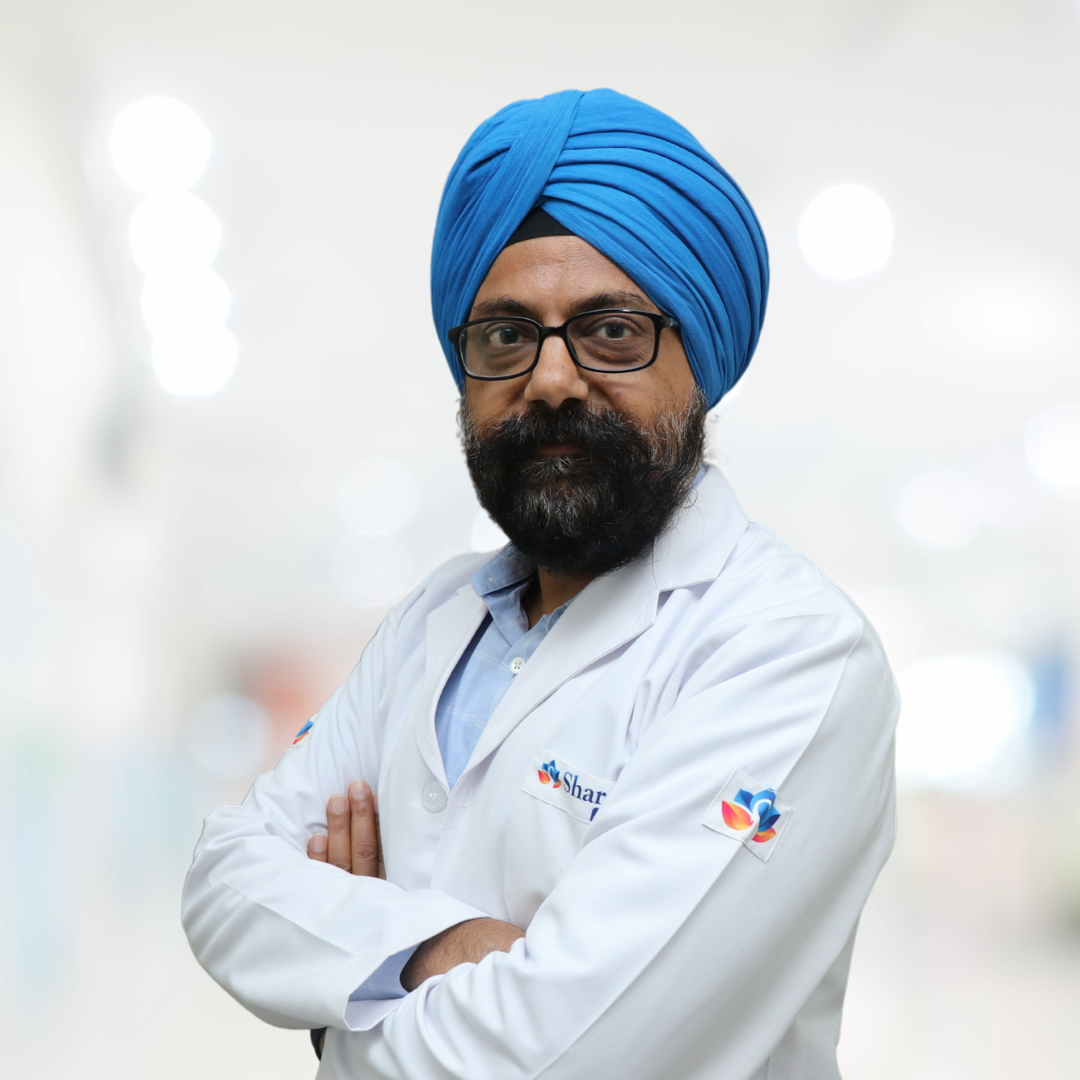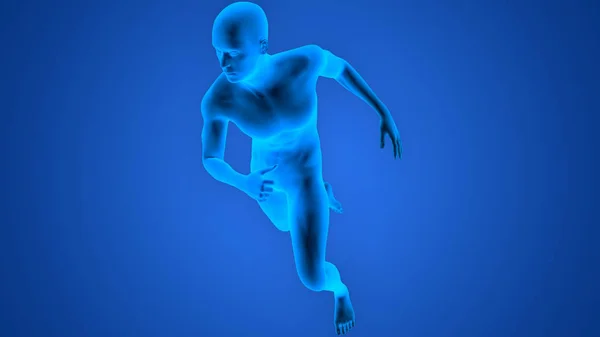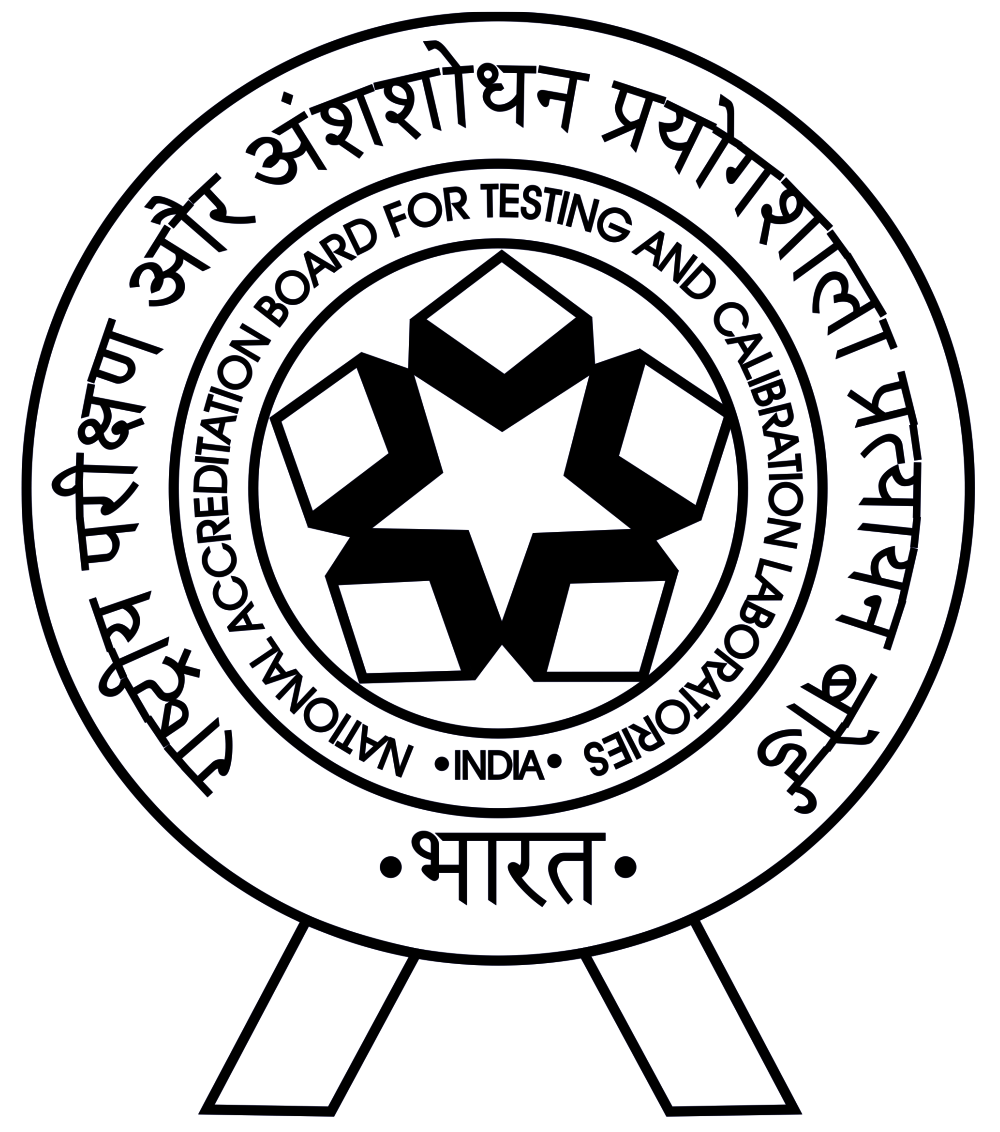
Stroke Care & Emergency Treatment at ShardaCare – Healthcity
At ShardaCare - Healthcity, we understand the Critical Nature of Strokes, also known as Brain Attacks, which occur when Blood Flow to the Brain is interrupted. This interruption leads to a Deprivation of Oxygen and Nutrients, causing Brain Cells to begin Dying within minutes.
The consequences of a Stroke can be severe, impacting various aspects of Brain function, including Movement, Speech, Eating, Cognition, Bowel and Bladder Control, Emotional Regulation, and other Vital Bodily Functions. It's essential to recognize the signs of a Stroke and Seek immediate medical attention to minimize Brain damage and prevent further complications.
Our team at ShardaCare - Healthcity is equipped to handle Stroke Emergencies promptly and effectively. We prioritize providing swift and comprehensive medical treatment to ensure the best possible outcomes for our patients. Don't hesitate to reach out for emergency medical assistance if you suspect a Stroke. Your quick action could make all the difference in reducing the impact of a Stroke on your health and well-being.
Causes of Stroke
- Ischemic Stroke: The most prevalent form of Stroke is Ischemic Stroke occurs when the Brain's Blood Vessels become Narrowed or Obstructed, leading to Reduced Blood Flow (Ischemia). This Narrowing or Blockage can result from the accumulation of fatty deposits within the Blood Vessels or the presence of Blood Clots or Debris that travel through the Bloodstream, often originating from the heart. Ischemic Strokes occur when these obstructions become lodged in the Brain's Blood Vessels.
- Haemorrhagic Stroke: occurs when a Blood Vessel within the Brain Rptures or Leaks, leading to Bleeding inside the Brain, known as a Brain Haemorrhage. Several factors can contribute to Haemorrhagic Stroke, including uncontrolled High Blood Pressure, excessive use of Blood Thinners (Anticoagulants), the presence of Aneurysms (bulges in weak Spots of Blood Vessel Walls), Head Trauma (e.g., from Accidents), and Protein deposits in Blood Vessel Walls (Cerebral Amyloid Angiopathy). Additionally, Haemorrhagic Strokes can occur as a consequence of an Ischemic Stroke leading to subsequent Bleeding.
- Transient Ischemic Attack (TIA): A Transient Ischemic Attack (TIA), often referred to as a Ministroke, is characterized by temporary symptoms similar to those of a Stroke but without causing permanent damage. TIAs occur due to a temporary decrease in Blood supply to a part of the Brain, typically lasting only a few minutes. These events are Triggered by Blood Clots or Fatty deposits that Impede or Block Blood Flow to the Nervous System.
Symptoms
If you suspect that you or someone around you is experiencing a Stroke, it's crucial to note the time when the symptoms first appear, as certain treatments are most effective when administered promptly after the onset of a Stroke.
Common symptoms of a Stroke include:
- Difficulty Speaking and understanding speech. Individuals having a Stroke may exhibit Confusion, Slurred Speech, or difficulty comprehending Spoken Language.
- Numbness, Weakness, or Paralysis on one side of the Face, Arm, or Leg. This typically affects one side of the body. A simple test involves asking the person to raise both Arms over their Head; if one arm begins to droop, it could indicate a Stroke. Additionally, there may be drooping on one side of the mouth when attempting to smile.
- Vision problems in one or both eyes. Sudden Blurred or Darkened vision in one or both Eyes, or double vision, may occur.
- Sudden, severe Headache. A sudden and intense Headache could be a symptom of a Stroke. It may be accompanied by Vomiting, Dizziness, or a change in consciousness.
- Difficulty walking. Those experiencing a Stroke may have trouble Walking, often Manifesting as Stumbling, Loss of Balance, or Coordination Issues.
Looking for an Expert
ShardaCare - Healthcity is home to some of the eminent Doctors in the world.
Book an Appointment


























